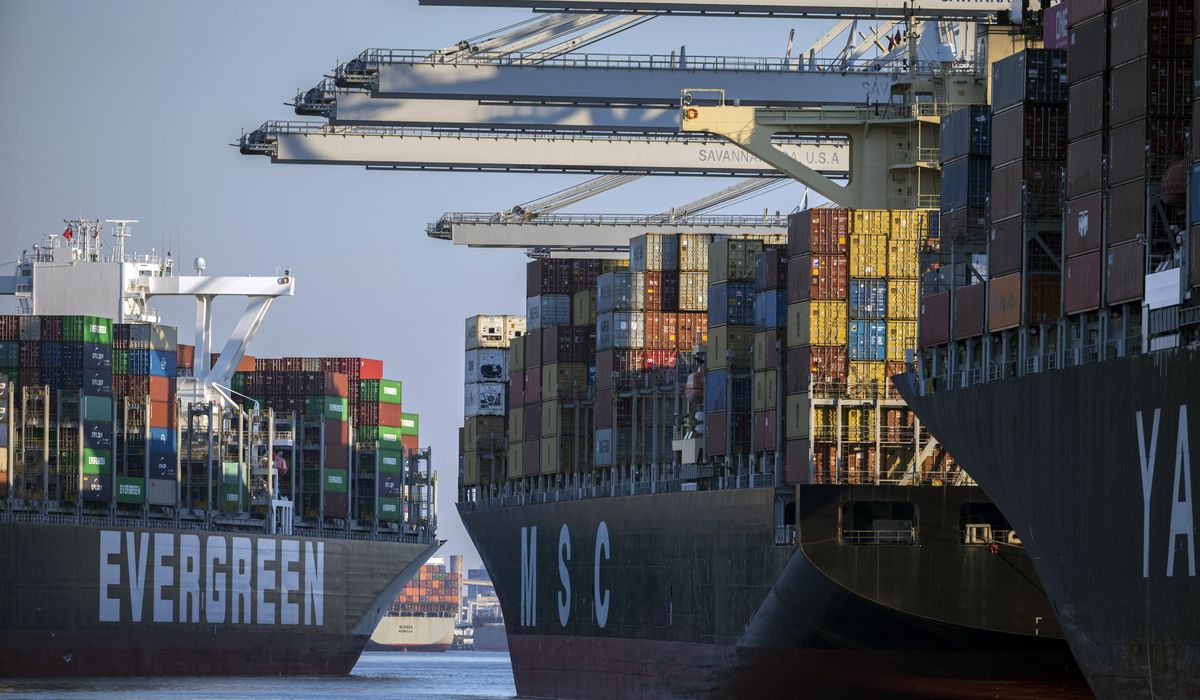


President-elect Donald Trump’s upcoming return to the presidency has companies and nations scrambling to adapt to his planned tariff policies, particularly his threat of a 60% tariff on Chinese goods. Businesses are already restructuring their supply chains, with companies like Steven Madden planning to reduce their Chinese production by up to 45% in favor of manufacturing in countries like Cambodia, Vietnam, Mexico and Brazil.
Economic analysts warn that other nations, including those benefiting from companies leaving China, might also face tariffs due to Mr. Trump’s stance on trade deficits. European nations are considering increasing U.S. imports to avoid potential tariffs, while Mexico faces a threatened 20% tariff unless it addresses border migration issues.
Mr. Trump views tariffs as a powerful tool for keeping jobs in America and generating government revenue. He’s also threatened specific companies, including a 200% tariff on John Deere if it moves operations to Mexico. The Biden administration maintained some Trump-era tariffs, including $360 billion on Chinese goods and a 100% levy on Chinese-made electric vehicles.
However, implementing sweeping tariff policies may require congressional approval. Sen. Rick Scott suggested achieving this might require 60 Senate votes unless it can be done through budget reconciliation. While protectionists support these measures, economists and business groups express concern about their impact.
The National Retail Federation estimates these tariffs could increase consumer prices by $46-78 billion annually. The Peterson Institute for International Economics projects middle-income households would pay at least $1,700 more per year, despite Mr. Trump’s claims that other countries, not Americans, will bear the costs.
Companies are responding through various strategies, including stockpiling goods and reorganizing supply chains. Jake Colvin of the National Foreign Trade Council advises businesses to prepare for multiple scenarios, noting that most companies have experience managing supply chain disruptions from the pandemic and recent administrations’ trade policies.
Read more: Trump’s tariff threat sets off a scramble among companies, foreign countries
This article is written with the assistance of generative artificial intelligence based solely on Washington Times original reporting and wire services. For more information, please read our AI policy or contact Ann Wog, Managing Editor for Digital, at awog@washingtontimes.com
The Washington Times AI Ethics Newsroom Committee can be reached at aispotlight@washingtontimes.com.
